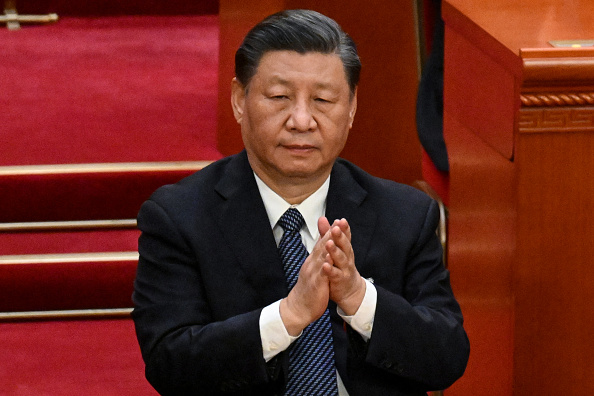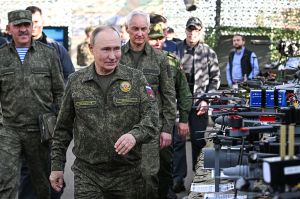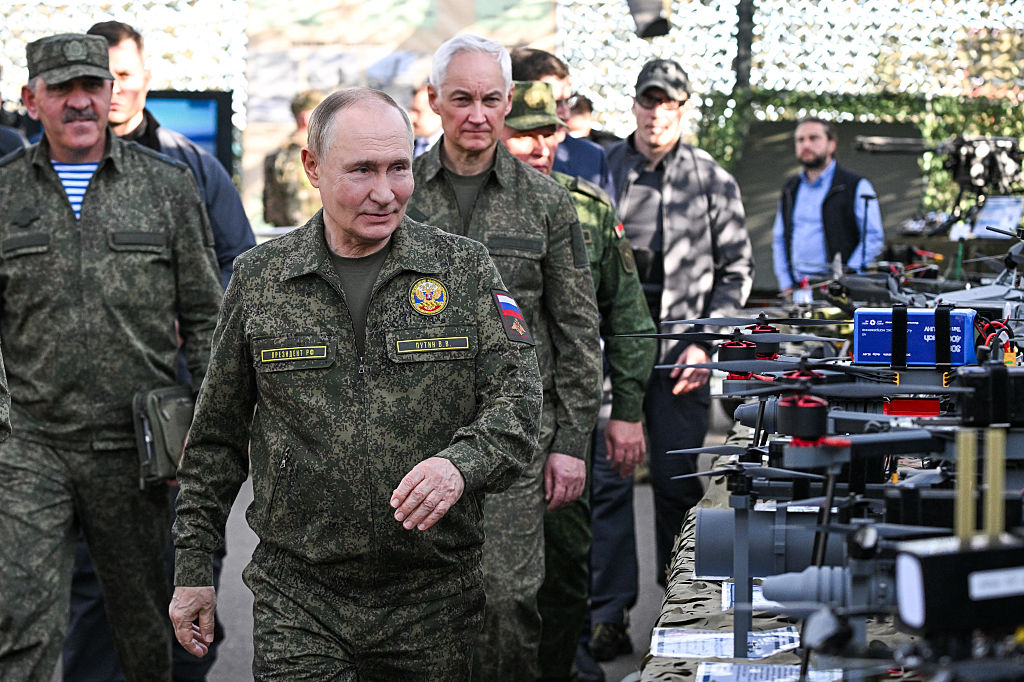China had a diplomatic triumph last week that was a disaster for the US. In a vacuum, Saudi Arabia and Iran re-establishing relations would be a good thing, reducing the risk of conflict between two Middle East powers that have been engaged in proxy wars for years. But nothing happens in a vacuum, and this deal was brokered by China.
Before Friday, Iran was in an accelerating downward economic spiral, with its currency at a record low. The country was increasingly viewed as the pariah that it is, alienated from much of the world as it pushed ahead with its nuclear program, supplied Russia with arms, and brutally suppressed its own citizens. Normalization does not fundamentally change that, but it does give Tehran breathing room at a time when the pressure should be increasing. It has also been reported that Beijing gave Iran access to around $20 billion previously frozen in China due to US sanctions.
As for Saudi Arabia, many experts on the topic see the move as a signal to the United States and, relatedly, as a means of making sure its eggs are in more than one basket. After the American withdrawal from Afghanistan and Biden’s exceedingly poor diplomacy with Riyadh, the Saudis are looking to cut back on their reliance on Washington for fear that it might one day no longer be a reliable partner. It may sound trivial, but the fact that Saudi Arabia’s leaders feel the need to counterbalance is not good. Weakening American influence means that countries will be more willing to shun or ignore US interests, and in a region home to some of the world’s biggest energy producers, that could have seriously deleterious consequences. Look no further than Saudi Arabia’s choice to cut oil production last November over the Biden administration’s objections. Riyadh is trying to force America’s hand by indicating it will look elsewhere if Washington does not provide — but it’s not ready to give up on us just yet.
The real story, however, is not about Iran or Saudi Arabia; it is about China. Beijing is attempting to establish itself as the premier alternative to America in the diplomatic sphere, filling any and all voids left by the United States. While Iran-Saudi normalization is its greatest success to date, the CCP has its sights set higher, aiming for a meeting between the Gulf States and Iran in China at some point this year. If all goes well between Riyadh and Tehran — and that is a big if — this meeting will significantly boost Beijing’s goal of becoming the region’s top diplomatic power.
China’s diplomatic ambitions go beyond the Middle East. On February 23, Beijing released a twelve-point peace plan for the war in Ukraine — a plan quite amenable to Russia’s interests. That should not be surprising, given that just before the invasion the two sides declared a “no limits” relationship, and China has been parroting Russia’s talking points on Ukraine from day one. But if there is one thing Beijing is good at, it is talking out of both sides of its mouth. Just as Russia’s messaging and propaganda has been a success in the developing world, so too will Beijing’s. China’s hypocrisy (which is more difficult to parse out for those who are not following every development of the war and/or do not have a free press) will likely take a backseat to the CCP’s desired narrative: China is the one proposing peace and taking active measures to achieve it.
Xi Jinping plans to travel to Moscow in the coming week, and then hopes to speak with Ukraine’s Volodymyr Zelensky (they have yet to speak since Russia invaded). The US has apparently tried to push Xi to speak to Zelensky so the Chinese leader can “hear directly the Ukrainian perspective and not just the Russian perspective,” and Zelensky had reached out himself. The exercise is likely to be futile, however, because Xi is not going to make a foreign policy U-turn no matter what he hears. It also risks giving unwarranted legitimacy to Beijing’s insincere peace efforts.
The United States, for its part, cannot allow China to play a leading role in peace talks unless it means Xi extracting concessions from or strong-arming Putin. Consider the consequences of Xi’s involvement in the absence of either of these. First among them is the perception that the US is utterly impotent in what is effectively the West’s backyard. If China is a key player in peace talks while providing no clear benefit to Ukraine, it will show the world that Beijing, an ally in all but name to Russia, is an equal player with the US.
China’s involvement in this way would constitute the CCP sticking its nose into the security architecture of Europe, to the West’s detriment. Even worse would be if a deal involved concessions to Moscow. At that point, the world would see China as not only an equal player, but a potentially superior one to the United States, able to wrestle Washington and win on its home turf. Countries would look to Beijing as a facilitator for diplomatic settlements — and then China could really form the world order to its liking.
All of this is a wakeup call: China saw an opportunity in the Middle East and took it. It clearly sees one in Ukraine as well. In what will be the defining 21st-century conflict — the US and its allies versus an authoritarian bloc led by China — America cannot afford to ignore a front. Leading in Europe, the Middle East, the Americas, and the Indo-Pacific is possible — not that Washington has much of a choice, because China is aiming for them all.

























